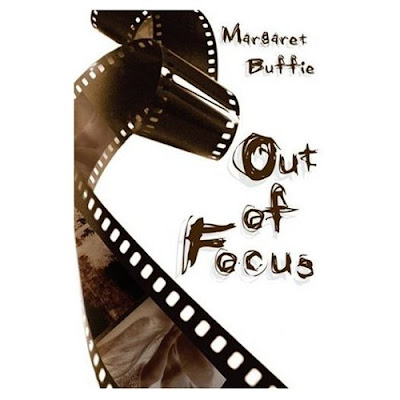 I have long thought that bioethics is something of a pseudo field. Not that the matters with which it grapples are not important. They are crucial. And not that its thinkers are not morally serious—they are. But it has always seemed to me that bioethics lacks focus, e.g., that there is no bottom line goal or purpose that bioethics seeks to attain.
I have long thought that bioethics is something of a pseudo field. Not that the matters with which it grapples are not important. They are crucial. And not that its thinkers are not morally serious—they are. But it has always seemed to me that bioethics lacks focus, e.g., that there is no bottom line goal or purpose that bioethics seeks to attain.
For example, the guideposts for bioethical analyses were established early, e.g., autonomy, beneficence, distributive justice, and non maleficence. But without a fundamental destination toward which these principles are to be applied, they became mere outcome justifiers. In other words, rather than derive the opinion by applying the principles to best attain the desired end, the opinion often comes first and then the best principle that justifies the predetermined conclusion is harnessed to defend it.
Now, an article written by University of Minnesota bioethicist Leigh Turner in the Journal of Medical Bioethics asks the pithy question, “Does Bioethics Exist?” and reaches a similar conclusion to my own. From her column (no link, here’s the Abstract):
What is clear, though rarely “acknowledged, is that as bioethics has acquired academic standing, institutional authority and public visibility, just what constitutes “bioethics” is becoming increasingly murky. In a sense, bioethics—if by bioethics is meant a shared mode of normative analysis, a common way of thinking an averarching framework for moral deliberation, a recognised set of tools with which to reason and debate or a widely accepted ethics decision-making—does not exist.
This leads to intellectual chaos (if you will) in the field:
Although an increasing number of individuals make their living as bioethicists, there is no recognizable, widely shared, common moral philosophy that bioethicists draw upon to resolve moral disputes. There is no common creed, widely accepted method of moral reasoning or normative theory, or practical body of wisdom that binds together bioethicists. Within the halls of academe, it is just as possible to establish a successful career as a utilitarian or libertarian as it is publishing and teaching as a neo-Kantian, Rawlsian, virtue theorist, casuist or proponent of natural law. We are well past the time when the “principles of biomedical ethics” [the title of the premier bioethics textbook] provided a common reference point for addressing ethical concerns.
I don’t think it did then, but Turner’s point is right. And she asks:
...does bioethics exist as something other than a loosely connected assemblage of conflicts over norms, principles, practices and policies?...If bioethicists cannot provide thoughtful, persuasive responses to such questions, they might find the expansionist phase of bioethics is replaced by an era of retrenchment and decline.
That is to be urgently wished. Because while I agree with Turner that bioethics has become more heterodox in the last decade, and hence more chaotic, I disagree with her that there isn’t an over arching belief among its most influential members—and that is opposition to human exceptionalism. As a consequence, their “expert” opinions—rendered in courts, on government panels, while giving testimony in front of legislative bodies, in teaching the doctors, nurses, and societal leaders of the future in our most prestigious universities, etc.—often push society toward policies that promote the actual or potential exploitation and/or oppression of the most weak and vulnerable among us.
This is why I advocate laws that would set the goal of bioehtical analyses as protecting and promoting intrinsic human dignity—the point of my speech to the United Nations International School. That would anchor bioethics, give it a beneficial direction, and promote universal human rights. Do that, and the bioethics movement would be rendered less capable of promoting harmful policies that threaten those who are most in need of society’s and medicine’s protection than it is today.
You have a decision to make: double or nothing.
For this week only, a generous supporter has offered to fully match all new and increased donations to First Things up to $60,000.
In other words, your gift of $50 unlocks $100 for First Things, your gift of $100 unlocks $200, and so on, up to a total of $120,000. But if you don’t give, nothing.
So what will it be, dear reader: double, or nothing?
Make your year-end gift go twice as far for First Things by giving now.


